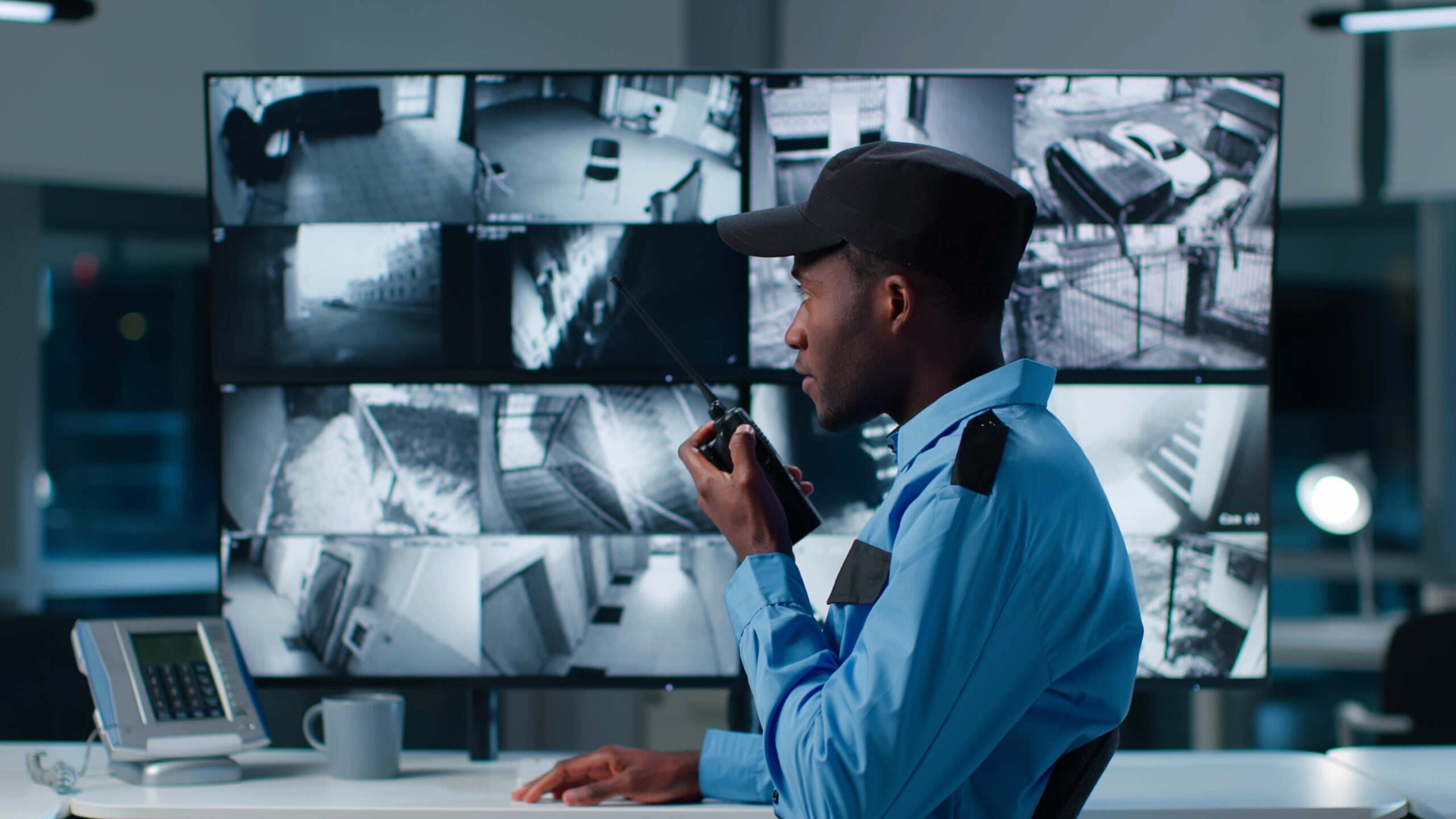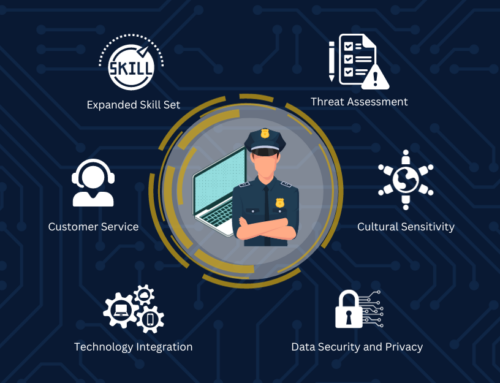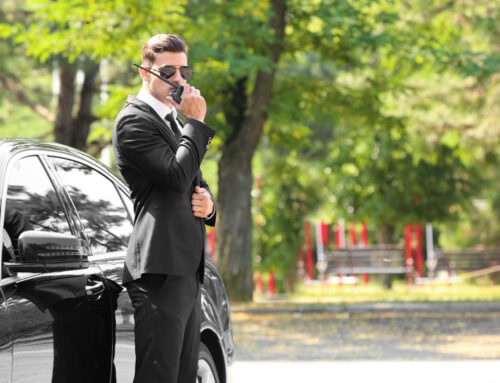Security Officers in the Modern Era Meet Challenges Head-On
In an ever-changing world, the role of security officers has transformed significantly over the years. From simple gatekeepers to multi-faceted protectors, security officers have adapted to the dynamic landscape of security threats and technological advancements. This blog piece explores the evolution of security officers and how they’ve navigated the challenges of modern times.
- Expanded Skill Set:
Gone are the days when security officers were only expected to keep watch and deter trespassers. Today, they require a diverse skill set. In addition to physical presence and vigilance, modern security officers often need to possess communication, conflict resolution, and even technical skills to handle digital security systems. - Emphasis on Customer Service:
Security officers are no longer just faceless figures in uniforms. Many now play a dual role by being the first point of contact for visitors and employees. This shift has placed a greater emphasis on customer service skills, as officers must be approachable, helpful, and able to provide information while maintaining security protocols. - Technology Integration:
The integration of technology has revolutionized security officer roles. CCTV cameras, access control systems, biometric scanners, and AI-powered analytics have become common tools. Security officers need to be well-versed in operating and troubleshooting these technologies, enhancing their ability to respond to incidents effectively. - Focus on Threat Assessment:
Modern security officers are expected to not only react to threats but also to proactively assess potential risks. This requires a keen understanding of behavioral patterns, a grasp of emerging threats, and the ability to make quick, informed decisions to prevent incidents before they escalate. - Emergency Response Training:
In today’s world, security officers are often at the forefront during emergencies. Whether it’s a medical situation, a natural disaster, or an active threat, officers are trained to provide immediate assistance, manage crowds, and work in collaboration with emergency services to ensure public safety. - Cultural Sensitivity:
With increasing diversity in communities and workplaces, security officers must be culturally sensitive and aware. They need to navigate various social norms and communicate effectively with individuals from different backgrounds, ensuring that everyone feels safe and respected. - Data Security and Privacy:
As organizations handle more sensitive data, security officers may also play a role in safeguarding digital information. This involves understanding data protection regulations and ensuring that access to confidential information is controlled and monitored.
The evolution of security officers reflects the changing landscape of security challenges and technological advancements. Today’s security officers are versatile professionals, equipped with a range of skills to protect people, property, and information. As the world continues to change, these officers will undoubtedly continue to adapt, ensuring safety in an ever-evolving environment.
Keep yourself up-to-date with the latest news and information about GSG Protective Services and the security industry. Follow the GSG Protective Services Blog.




Leave A Comment